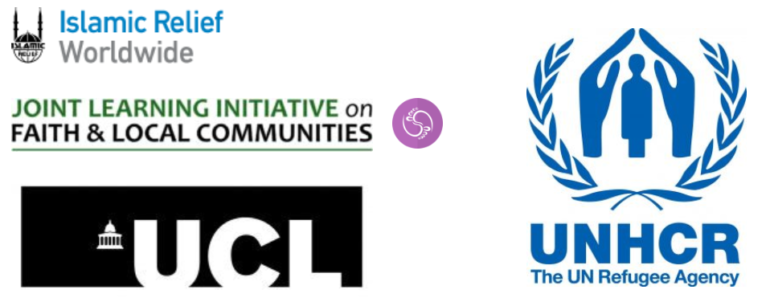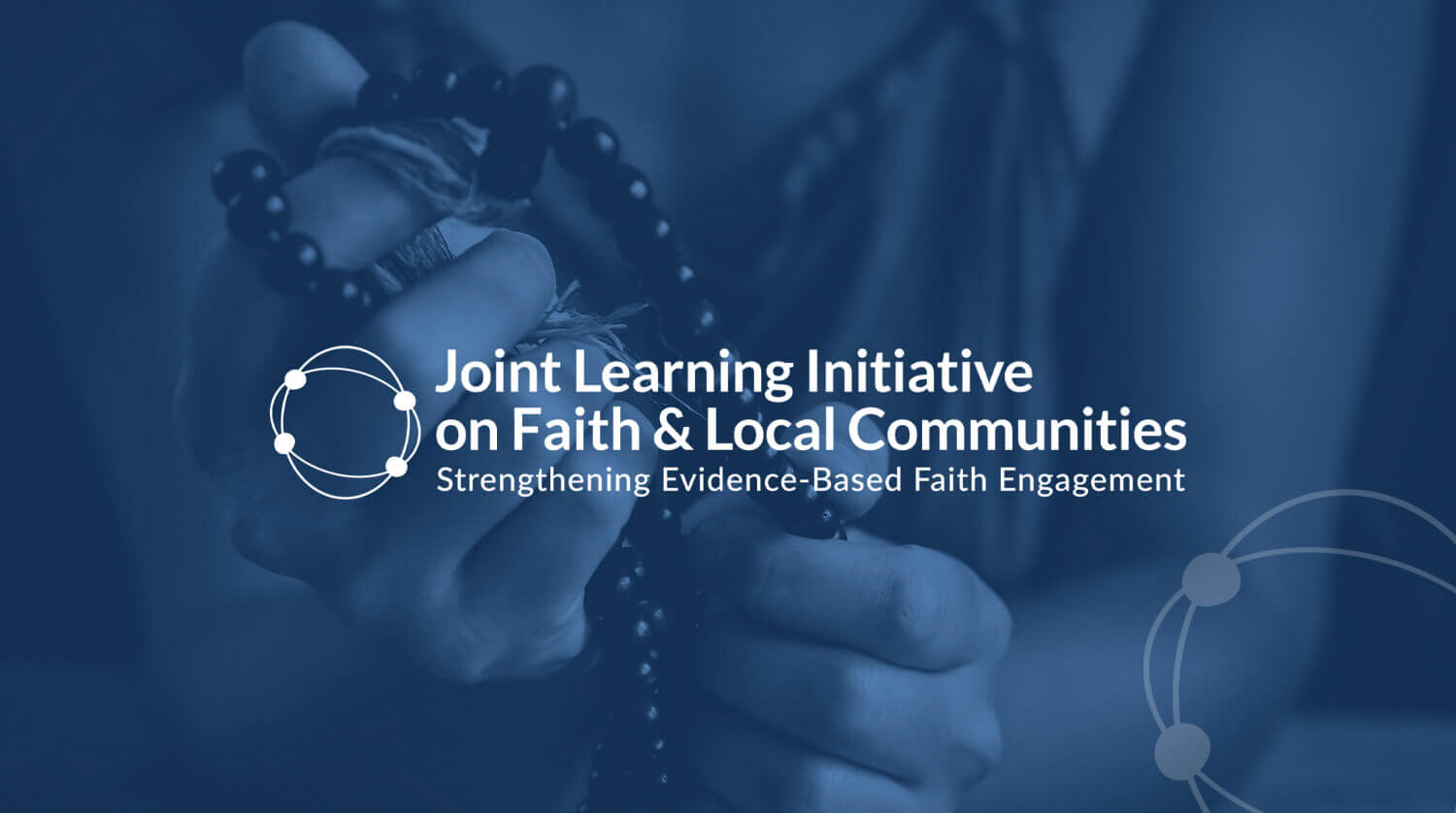For immediate release
June 28, 2018
The Joint Learning Initiative on Faith and Local Communities (JLI) is pleased to announce a research collaboration with UNHCR, the UN Refugee Agency, in 2018-2019. Generously funded by the European Commission Department for International Cooperation and Development, the project, titled “The Roles of Faith and Local Faith Communities in Supporting Refugees” aims to examine the ways in which local communities provide different forms of support to, and advocate for the protection of refugees in Honduras, Mexico, Uganda, Germany, and Lebanon.
The research involved interviews and focus groups with approximately 180 refugees, members of host communities, and faith leaders in Honduras, Mexico, Uganda, Germany and Lebanon. The project is carried out in collaboration with Dr. Elena Fiddian-Qasmiyeh at University College London and Atallah Fitzgibbon at Islamic Relief Worldwide, the co-chairs of the JLI Refugee and Forced Migration Learning Hub. Dr Fiddian-Qasmiyeh and Dr. Olivia Wilkinson, JLI Director of Research, oversee the action-research project. In 2018 the project generated locally-grounded evidence and identify examples of good practices of community-led responses to refugees across these diverse countries. In 2019, the collaboration will draw on the multi-sited evidence to inform the development of a pilot training module for local faith actors and international partners seeking to work with each other.
The 2018 research examined the role of local communities and local faith actors in responding to the needs and rights of refugees in the above countries within the context of the implementation of the Comprehensive Refugee Response Framework (CRRF) and upholding the New York Declaration’s commitment to meaningful consultation and engagement with diverse stakeholders. The project completed interviews, a desk-based evidence review, and case studies of locally-led responses in five countries which will serve as inputs to the Global Compact on Refugees.
The 2019 activities will focus on creating a pilot training & modules to not only build capacity but also raise awareness between local faith actors and international partners. These will help to inform new audiences in the humanitarian and development field of the existing and growing evidence base on the nuances of religious, and faith-based work for refugee response. It will also provide implementable recommendations for UNHCR and other stakeholders to improve partnership and the effectiveness of humanitarian response to people affected by displacement.







